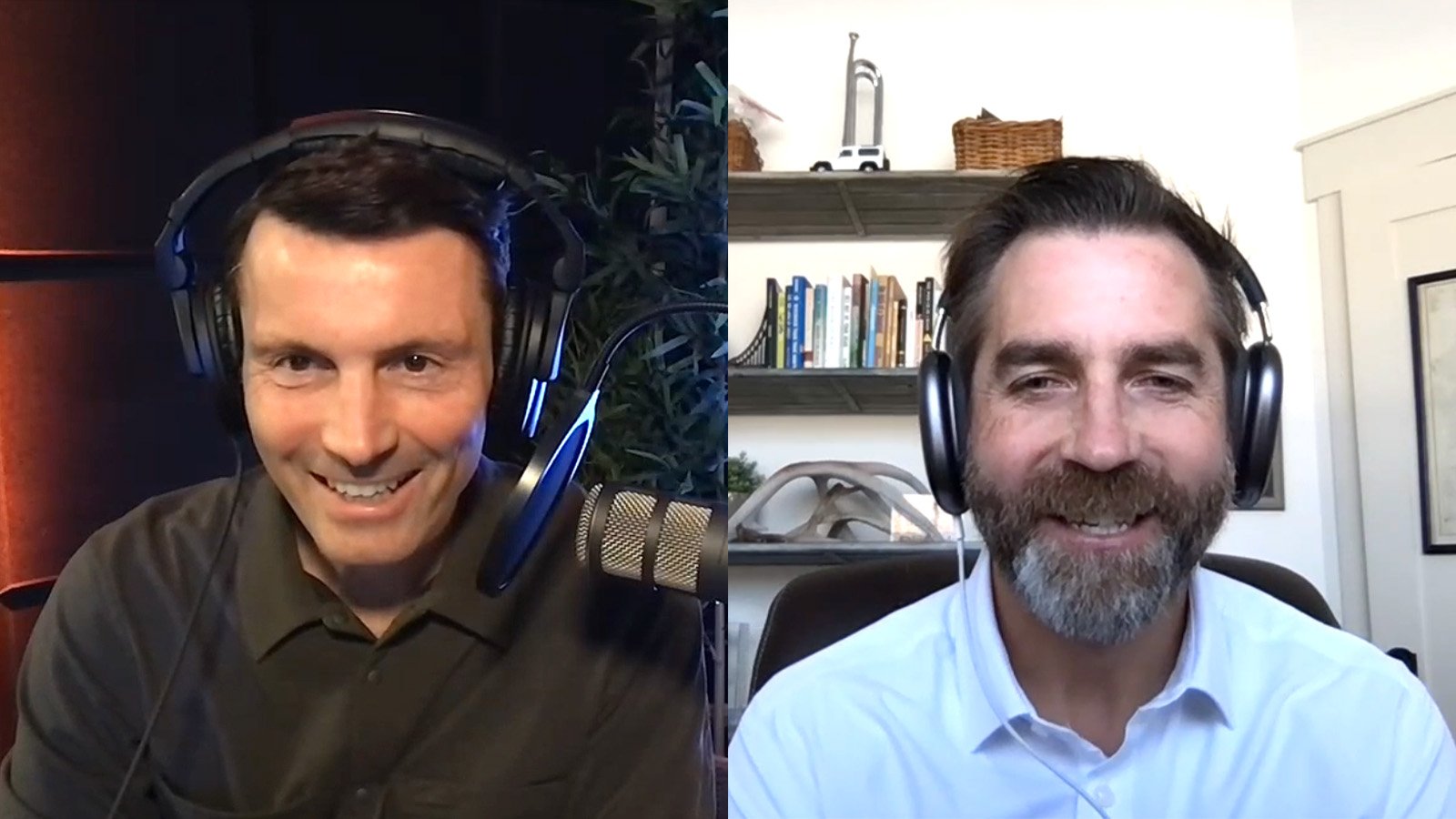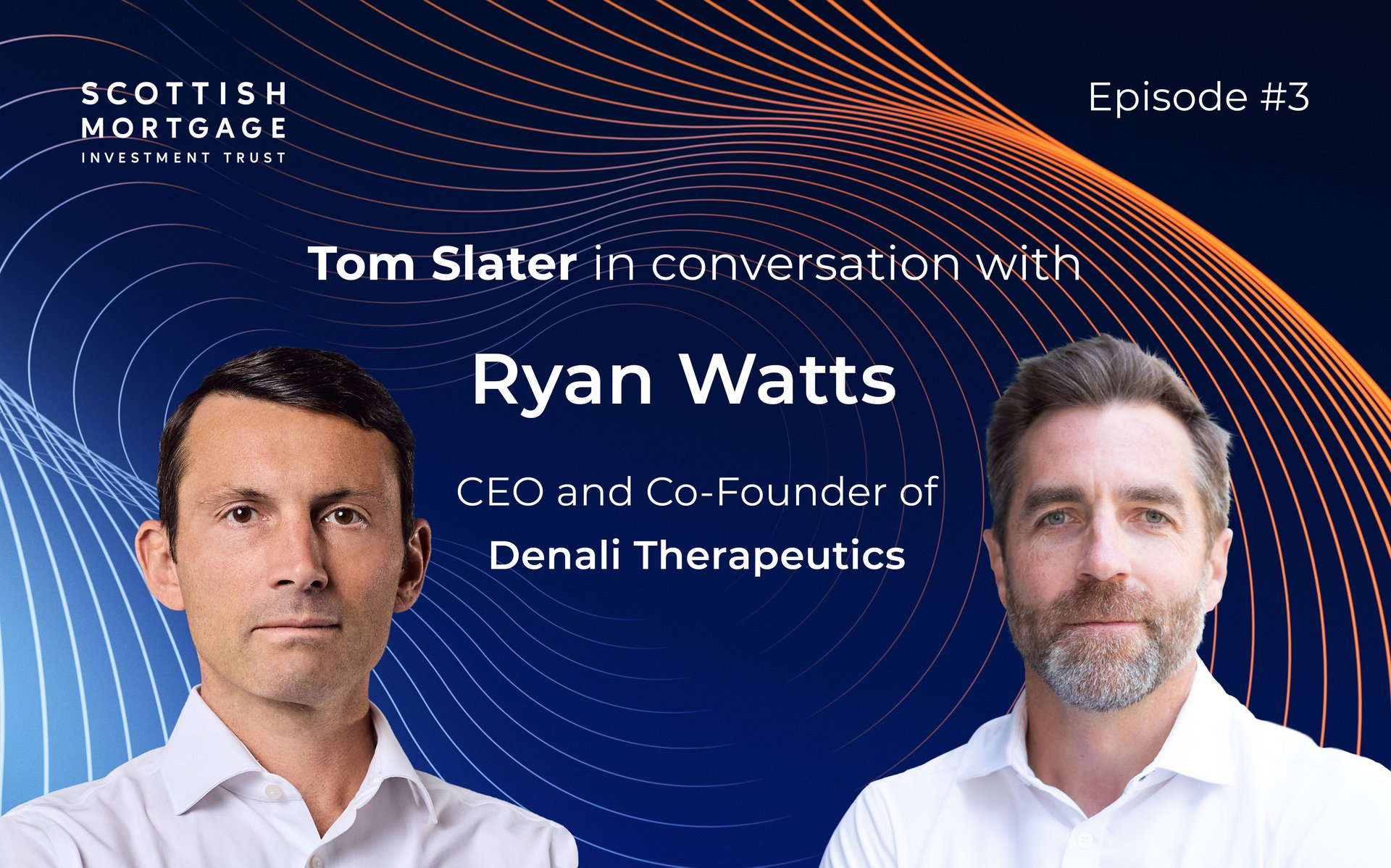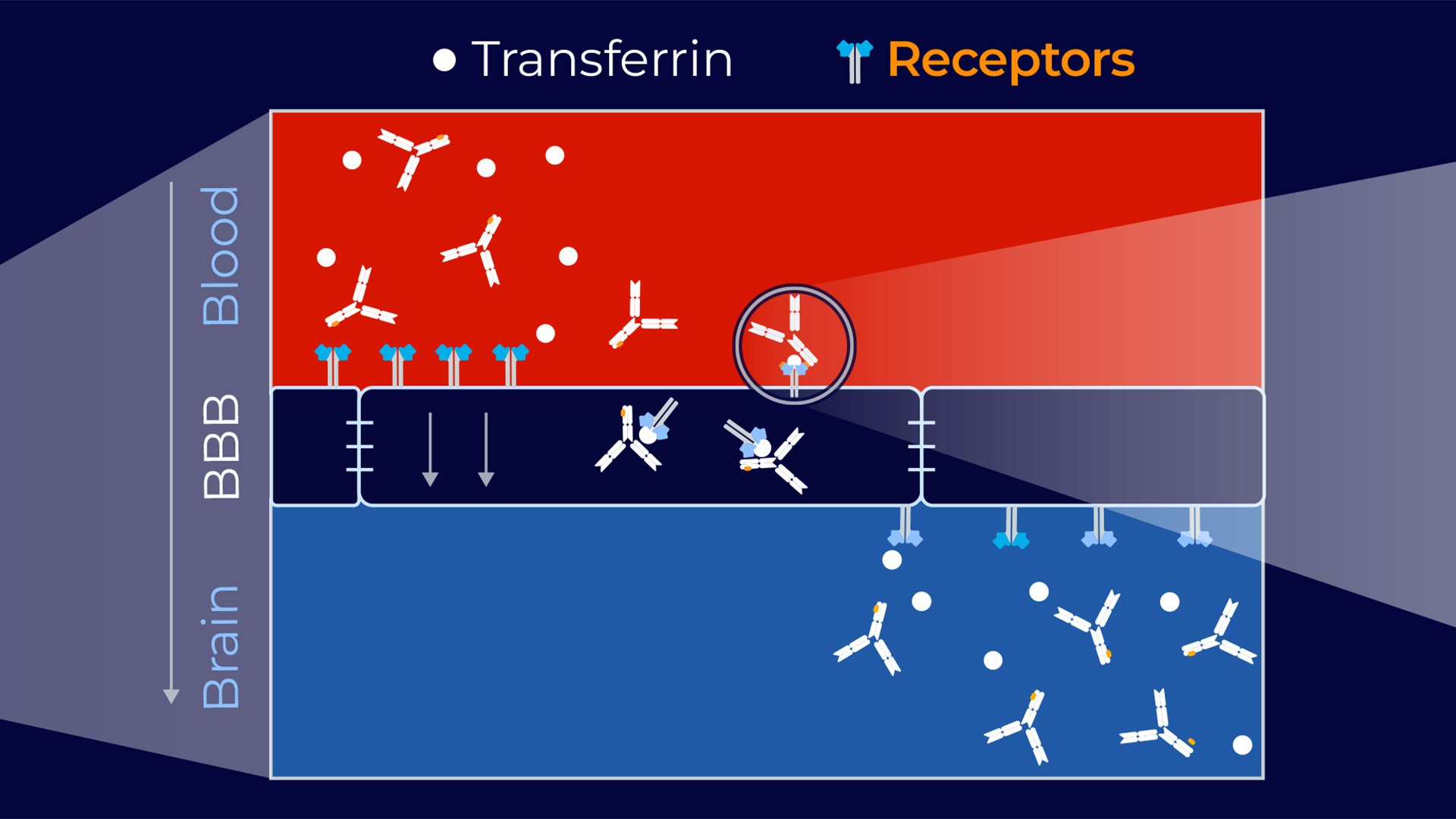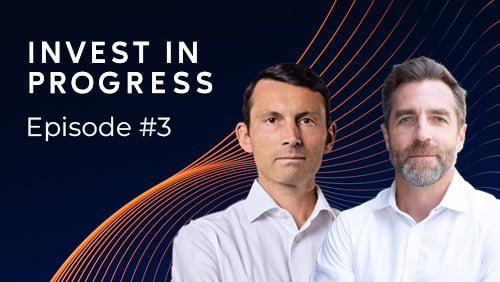February 2023
Article
5 minutes
Denali Therapeutics: rising to the challenge of brain disease
Claire Shaw – Portfolio Director
Key Points
- Neurodegenerative diseases, including Alzheimer’s and Parkinson’s, are set to affect more people as life expectancies increase
- Denali Therapeutics is developing a range of treatments to tackle brain diseases
- The US firm is developing a new generation of medicines that can effectively treat neurodegenerative diseases

This article is a teaser for the Scottish Mortgage Denali podcast. Listen to the company’s co-founder Ryan Watts speak with Tom Slater about its efforts to solve one of medical science’s toughest problems: developing treatments for the brain.
As with any investment, capital is at risk.
Over the last decade, a large number of big pharmaceutical companies have quit neuroscience.
It’s a puzzling phenomenon when you consider that one in three people born today will develop dementia. Why leave such an important field when the unmet need is so great?
The answer is the huge failure rate in developing treatments for neurodegenerative disease. The disorders affect nerve cells in a patient’s brain and nervous system, damaging or destroying them. This can result in the sufferer losing coordination, mobility, strength, sensation and the ability to speak and breathe. Ultimately, death often follows. Despite huge efforts, many of these conditions remain incurable.
Take Alzheimer’s, for example – one study found that over 99 per cent of drug candidates that made it to clinical trials were found to be no better than a placebo.
Big pharma has spent billions yet has made little progress.

Denali Therapeutics’s CEO Ryan Watts tells Tom Slater why he believes it can succeed where big pharma has failed by creating effective drugs for neurodegenerative diseases, in this episode of Invest in Progress.
Despite all this, Denali Therapeutics, a nimble San Francisco start-up, has dedicated itself to tackling the problem. And for Ryan Watts, the business’s co-founder and CEO, it’s a deeply personal mission.
“I think the first, probably most compelling experience, is that my wife’s family has a history of Alzheimer’s disease,” he explains. “And I remember her grandfather developing Alzheimer’s disease. I thought, ‘maybe there’s an area I should start focusing on.’
“But the driving force for me [was] seeing my own mother start to develop dementia. I know my genetic risk. I know her genetic risk. It’s imputed from mine.”
The blood-brain barrier
Developing brain drugs is notoriously difficult for three reasons:
- Our understanding of the genetic and molecular basis of neurodegenerative diseases is incomplete.
- It’s hard to test if a drug is working because you can’t biopsy the brain in the way you might biopsy a tumour.
- Once a drug has been developed, it’s tricky to get it into the brain due to a mechanism called the blood-brain barrier. It keeps out harmful chemicals but unfortunately limits the uptake of medicine too.
This third point has been a particular challenge. Natural active transport systems exist to carry some large molecules through, such as sugar or iron. One of Denali’s key achievements is having found a way to harness these to create a ‘transport vehicle technology’ that effectively sneaks through molecules that would otherwise be blocked.
Denali believes it can succeed where others have failed. It’s asking the right questions, solving technical challenges and taking bigger risks than its competitors. But, counterintuitively, what’s also essential to its progress is that it’s prepared for failure.
Multiple molecules
Dementia isn’t the company’s only focus – it’s also attempting to tackle Parkinson’s and the motor neuron disease amyotrophic lateral sclerosis (ALS), among other disorders. This broad remit distinguishes it from the narrower approach biotech start-ups traditionally take.
“You can’t be focused on a single idea or hypothesis,” explains Watts. “You can’t found a company based on one molecule. The chances of that succeeding are extremely low. We knew at the beginning that there were two things we needed. We needed a pipeline, which is basically multiple medicines. And we needed a platform that, if successful, would open up all of the nervous system, not just neurodegenerative diseases.”
Denali has seven medicines in clinical development. Three are in the final stages before being submitted for approval. Part of being able to follow the science and take forward multiple potential drugs at once is having a big balance sheet.
“It allows you to fail, to iterate and to accelerate,” says Watts. “You need the capital in order to get data really quickly and understand the direction.
“We have had at least a dozen programmes that we stopped developing. Any one of those programmes would be a single biotech company. But because we had that capital, it allowed us to really invest in the underlying science and the platform.”
Aiming for achievement
Denali’s company culture also comes into the equation. Its employees recognise the firm’s purpose is more important than the organisation itself. That diminishes the impact of setbacks while making successes even more meaningful.
Watts highlights a recent triumph against Hunter syndrome, a rare and harmful inherited disorder in which the body does not properly break down sugar molecules, causing damage to the brain. The firm developed an enzyme replacement therapy that’s capable of crossing the blood-brain barrier.
“We have gotten to know several of the families that have children with Hunter syndrome,” he says. “Some will develop very normally. And by ages three, four or five, learn to walk and talk and then they’ll start to lose their ability. It’s just unbelievably devastating.
“Fast-forward, we get our medicine into the clinic. We get our very first data. [The chief medical officer] called me, and she says, Ryan, four out of the five patients have completely normal levels of the substrate in the brain. And it was unbelievable.”
Denali hopes to replicate this achievement. So, what does the world look like if it succeeds? For Watts, it’s about creating a future where people live longer and can die with dignity.
For now, its clinical data is encouraging. And if its drugs are approved, they have the potential to advance medical science, save people’s lives and propel the company along the path to long-term growth.
About the author - Claire Shaw
Portfolio Director
Claire Shaw is a portfolio director and plays a prominent role in servicing Scottish Mortgage’s UK shareholder base. Before joining in 2019, she spent over a decade as a fund manager with a focus on managing European equity portfolios for a global client base. With a background in analysing companies and communicating investment ideas, Claire is also responsible for creating engaging content that makes the Scottish Mortgage portfolio accessible to all its shareholders. Beyond that, she works closely with the managers, meeting with portfolio companies and conducting in-depth portfolio discussions with shareholders.
Important information
This communication was produced and approved at the time stated and may not have been updated subsequently. It represents views held at the time of production and may not reflect current thinking.
This content does not constitute, and is not subject to the protections afforded to, independent research. Baillie Gifford and its staff may have dealt in the investments concerned. The views expressed are not statements of fact and should not be considered as advice or a recommendation to buy, sell or hold a particular investment.
Baillie Gifford & Co and Baillie Gifford & Co Limited are authorised and regulated by the Financial Conduct Authority (FCA). The investment trusts managed by Baillie Gifford & Co Limited are listed on the London Stock Exchange and are not authorised or regulated by the FCA.
A Key Information Document is available by visiting our Documents page.
Any images used in this content are for illustrative purposes only.




